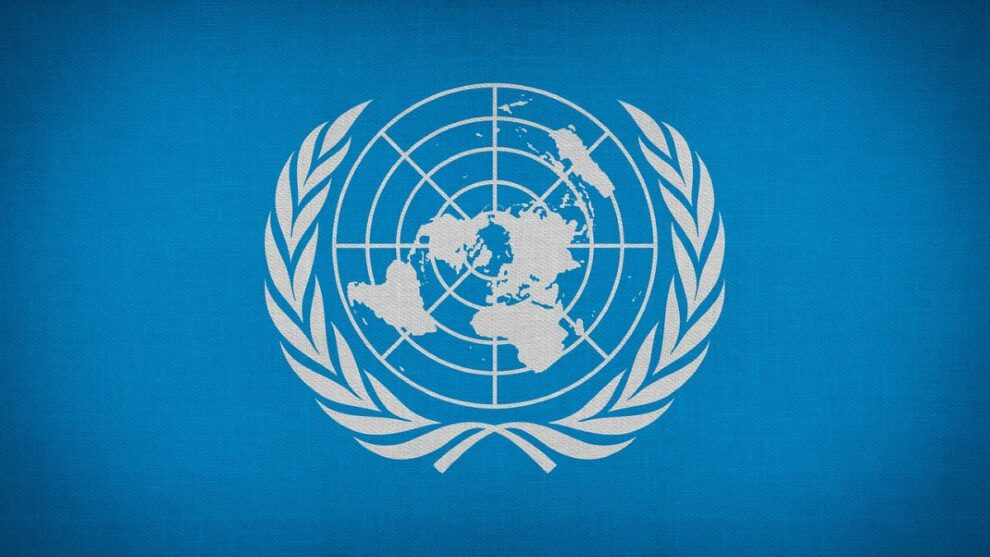Experts have criticised the UN’s agriculture agency for failing to recommend eating less meat in a roadmap to tackling the climate crisis — a charge rebuffed in comments to AFP Tuesday.
In a commentary published in the journal Nature Food on Monday, the scientists said a UN Food and Agriculture Organization (FAO) report on how to achieve zero hunger without breaching the 1.5-degree climate change threshold “falls short”.
Countries agreed at the 2015 Paris climate accords to act to limit global warming to 1.5 degrees Celsius above pre-industrial levels, but that threshold has almost been met, increasing the urgency of reining in greenhouse gas emissions.
The FAO roadmap, published during the COP climate talks last year, “omits key interventions with demonstrated potential to improve environmental and health outcomes — notably, reducing animal-sourced food production and intake”, the experts said.
David Laborde, FAO’s Technical Lead of the Roadmap, said the commentary was a “major simplification” of the agency’s report.
The roadmap says diets “absolutely” must change and is “explicit about (livestock’s) carbon footprint”, he said.
Multiple studies have found that eating less meat is a key step in tackling climate change, as well as benefitting human health.
Livestock is responsible for 12 percent of greenhouse gas emissions caused by humans and its impact will only increase as meat consumption rises, FAO said in December.
But the UN agency’s 120 recommended actions do not include producing or eating less meat and dairy, which the experts say could bring emissions down significantly, particularly in the Americas, Oceania and Europe.
FAO “neglects one of the most obvious and urgent interventions to reduce emissions from the food system: shifting away from the production and consumption of animal-sourced foods”, they said.
The commentary was signed by scientists from academic institutions in the United States, the Netherlands and Brazil.
It says the roadmap proposes intensifying animal agriculture, despite the increased risks of antimicrobial resistance and infectious diseases associated with farming large numbers of animals in close quarters.
It also failed to recommend eating more legumes, nuts and whole grains, which are “associated with improved food security and nutritional outcomes and have far lower” emissions than meat, they said.
The experts accused FAO of dismissing plant-based meat substitutes as having nutritional deficiencies, without evidence, arguing that in fact such products “show promise for far smaller environmental impacts”.
Reacting to the commentary, Laborde said “malnutrition and micro-nutrient deprivation remains a major problem” and “limiting discussions to the meat issue is not helpful”.
He warned against “oversimplification, driven by a ‘high-income/western world view'”.
“The two billion people that are food insecure and suffers from malnutrition today already massively have a ‘plant based diet’. Lecturing them about the need to shift to plant-based solution is not really… very useful,” he added.
